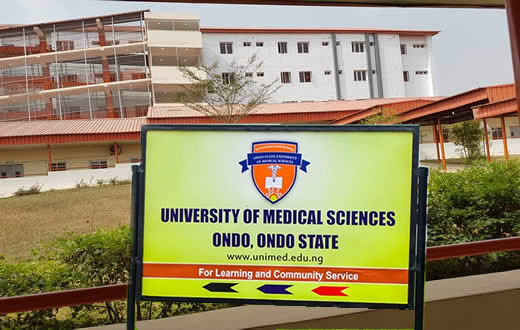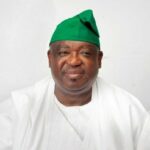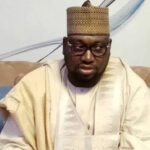
The council also told the doctors that medical practice was a service to humanity, hence the need for them to think of how to contribute to the Nigerian medical system.
The Registrar of the council, Dr Tajudeen Sanusi, said this at the maiden induction ceremony of the UNIMED. A total of 34 medical graduates of the institution were inducted into the medical profession by the council.
Sanusi said, “It is true, we owe society that responsibility of keeping them in good health, not minding whether you are better paid or not. That’s why I said today’s ceremony is a call to service and that service is service to humanity.
“Having said that, there’s this syndrome of ‘japa’, that some of you younger ones, I’ll tell you the truth, initially, it might look rosy, but in the long run, it’s usually not profitable. Some of us have had the opportunity of having some of our training abroad, but let me tell you the truth, there’s no place like home.
“When you go, avail yourself with post-graduate training there and think of coming back to build the system, you have been largely trained, free of charge, not minding that you are paying, if we have to quantify how much it costs to train each and every one of you, you will discover that you have enjoyed free education. The argument some of you are putting up, my parents paid, fine, but it’s because Nigeria’s economy is good, that’s why your parents were able to actually make money in Nigeria.
“Don’t you think you should give something back to this country? Yes, we don’t have enough doctors, but the ones we have, we should be able to utilise them to the benefit of society. In the Western world, their children are no longer going to school, and they don’t even have the money to train, that’s why they are looking up to the third world to poach, let us be patriotic and think of what we can give to this system.”
The MDCN registrar lauded the medical university for the quality training offered the students, saying the UNIMED had the best phantom head laboratory for dental training in Nigeria
In his remarks, the Vice Chancellor of the UNIMED, Prof. Adesegun Fatusi said the induction ceremony had a special place not only in the annals of the evolving history of UNIMED but also in the history of health profession education in Nigeria.
“No government-owned university in the history of Nigeria in the last two-to-three decades has produced a set of medical doctors as fast as we have now done in UNIMED even though the COVID-19 pandemic occurred during their studentship and disrupted their clinical posting significantly, although we were able to deploy technology to overcome teaching in non-clinical areas in our university.
“The experiences around us show clearly that we have achieved a feat in producing our first set of inductees in our first eight years. For example, both Osun State and Ekiti State had to close down their medical schools at the initial attempt and only started again many years later. Others like Ladoke Akintola University of Technology, Ogbomoso and the University of Abuja took over 10 years of being in school for their first set to finish their training and be inducted. This is because the accreditation exercise of the Medical and Dental Council of Nigeria is very rigorous and has many stages and without succeeding at one stage you cannot move further in training medical students,” the don stated.














